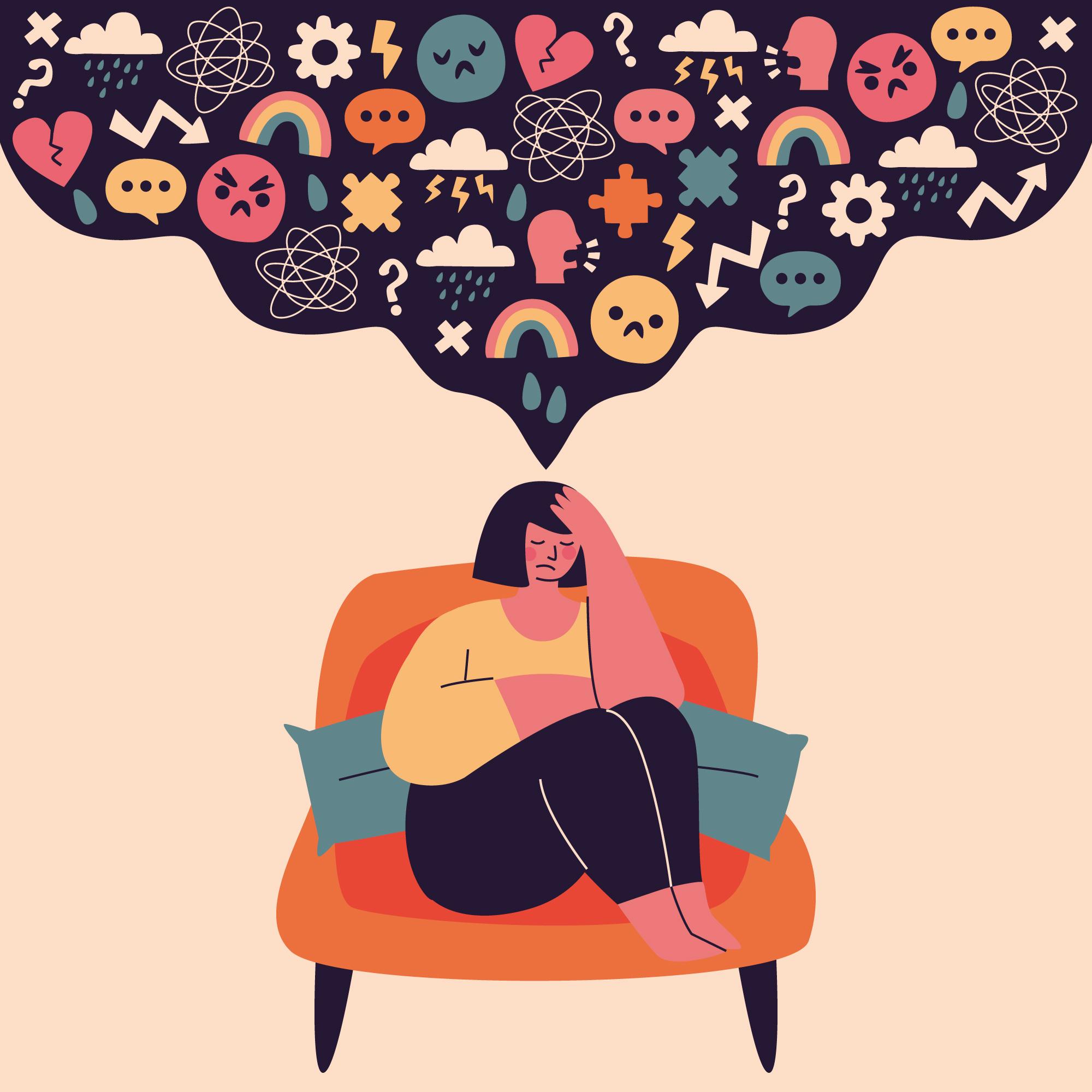Mental Health Updates
Your Complete Guide To Mental Health By Professionals
Scientific
Reliable
Research-based
Start Your Mental Health Journey Now
Discover our services to enhance your mental well-being.
Tests
take our free, scientifically validated screening tests
Self-help Tools
Download free self-help worksheets to manage mood, sleep, and stress!
Psychiatry Essentials
gain expert insight for better care
Consult Our Experts
Consult verified mental health professionals for support and guidance!
Explore Our Mental Health Topics
Dive deep into various mental health subjects to empower yourself with knowledge and support.
Professional Mental Health Assessments
General Assessment
Free Test – Click to start
Depression
Free Test – Click to start
Anxiety
Free Test – Click to start
Bipolar
Free Test – Click to start
OCD
Free Test – Click to start
ADHD
Free Test – Click to start
Our Impact in Numbers
Free Self‑Help Tools

Overcome Anxiety
Download Free Tool
Beat Depression
Download Free Tool
Relieve Stress
Download Free Tool
Overcome Addiction
Download Free Tool
Manage Bipolar Disorder
Download Free Tool
Family & Parenting
Download Free ToolKnow Your Psychiatry Medicines
Explore our comprehensive directory of psychiatry medicines. Discover detailed information, dosage guidelines, and expert recommendations—all designed to support your mental health journey.
View OnlineAre you a licensed mental health professional ?
Join aarogya minds, an exclusive mental health community built by psychiatrist, designed specifically for mental health professionals like you. Leverage cutting-edge technology to boost your online visibility, attract genuine patients seeking help, publish blogs, and share your expertise, research, and insights—all while accessing one of the largest mental health content hubs. Grow your practice and make a real impact—join us today!
